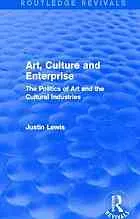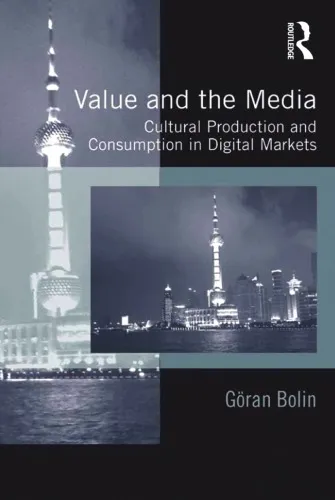Judicial Power and Strategic Communication in Mexico
4.9
Reviews from our users

You Can Ask your questions from this book's AI after Login
Each download or ask from book AI costs 2 points. To earn more free points, please visit the Points Guide Page and complete some valuable actions.Related Refrences:
Although they are not directly accountable to voters, constitutional court judges around the world nevertheless communicate with the general public through the media. In Judicial Power and Strategic Communication in Mexico, Jeffrey K. Staton argues that constitutional courts develop public relations strategies in order to increase the transparency of judicial behavior and promote judicial legitimacy - two conditions that are favorable for the exercise of independent judicial power. Yet, in some political contexts there can be a tension between transparency and legitimacy, and for this reason, courts cannot necessarily advance both conditions simultaneously. The argument is tested via an analysis of the Mexican Supreme Court during Mexico's recent transition to democracy, and also through a cross-national analysis of public perceptions of judicial legitimacy. The results demonstrate that judges can be active participants in the construction of their own power. More broadly, the study develops a positive political theory of institutions, which highlights the connections between democratization and the rule of law.
Free Direct Download
You Can Download this book after Login
Accessing books through legal platforms and public libraries not only supports the rights of authors and publishers but also contributes to the sustainability of reading culture. Before downloading, please take a moment to consider these options.
Find this book on other platforms:
WorldCat helps you find books in libraries worldwide.
See ratings, reviews, and discussions on Goodreads.
Find and buy rare or used books on AbeBooks.
1254
بازدید4.9
امتیاز0
نظر98%
رضایتReviews:
4.9
Based on 0 users review
Questions & Answers
Ask questions about this book or help others by answering
Please login to ask a question
No questions yet. Be the first to ask!
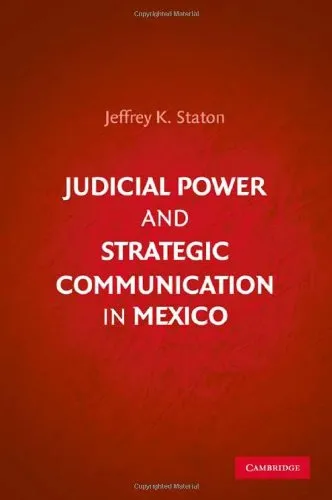

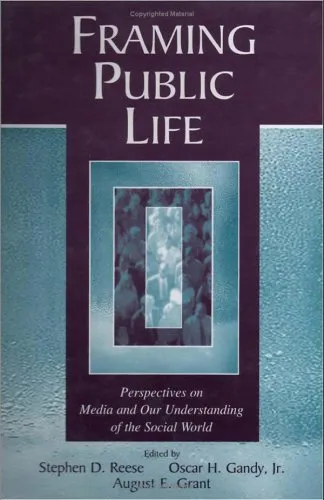
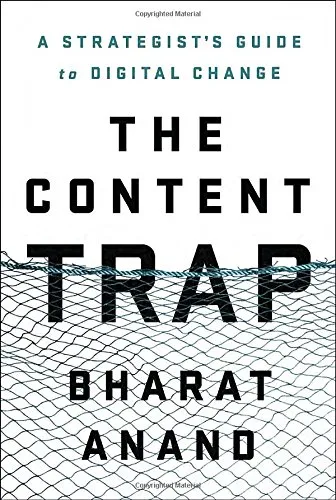
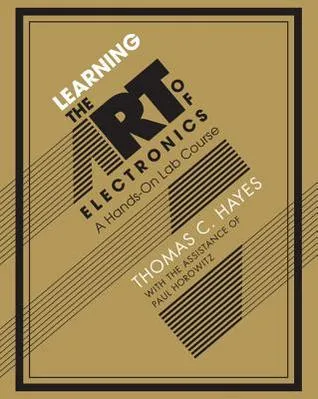

![The Influencing Machine: Brooke Gladstone on the Media [Artwork Layout]](https://s3.refhub.ir/images/thumb/The_Influencing_Machine__Brooke_Gladstone_on__25329.webp)



